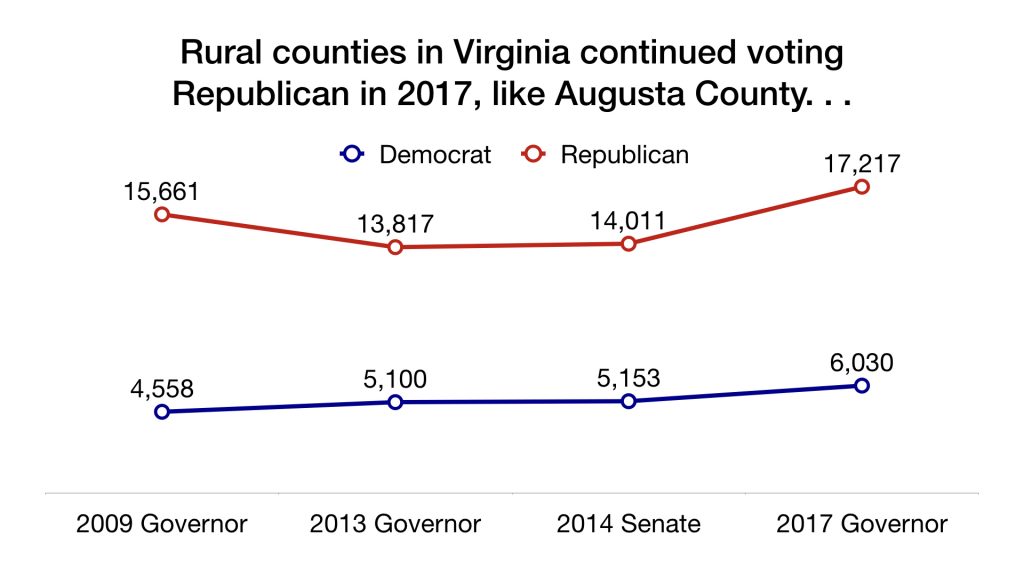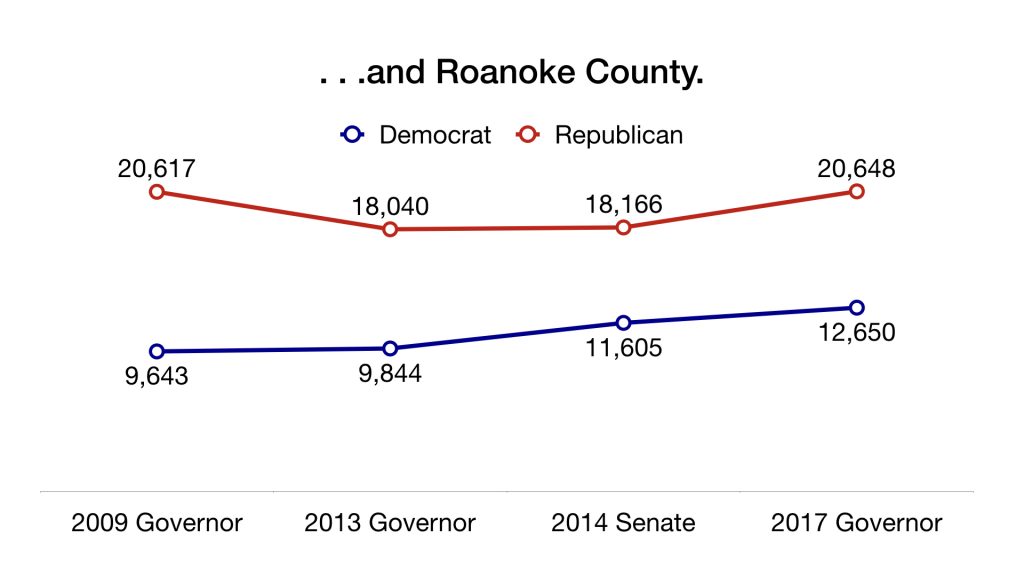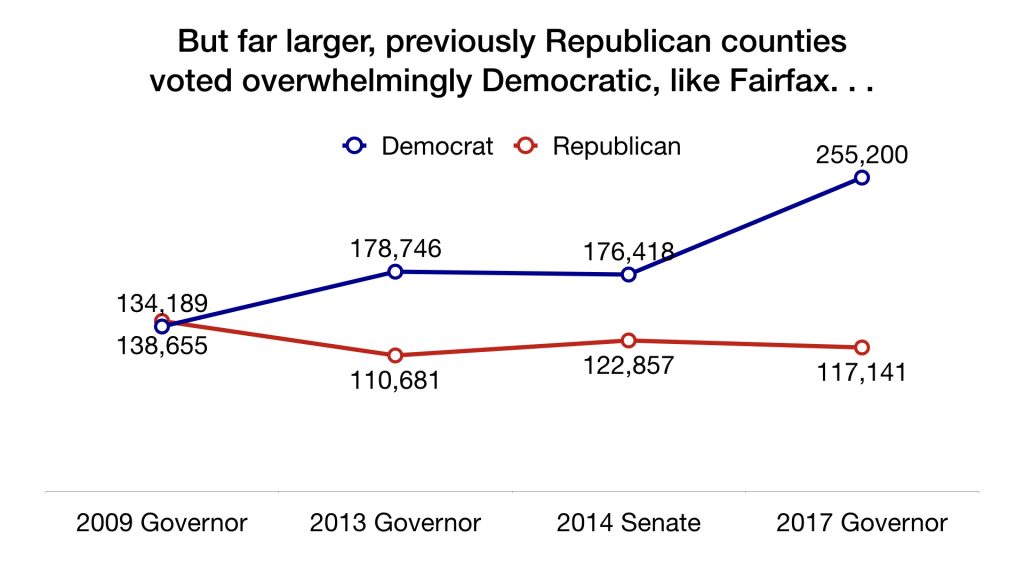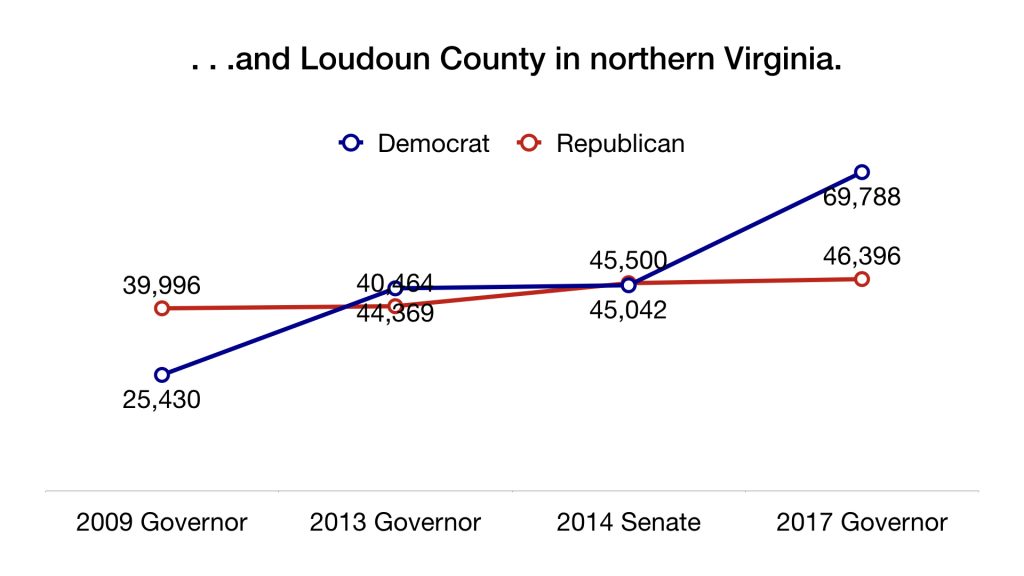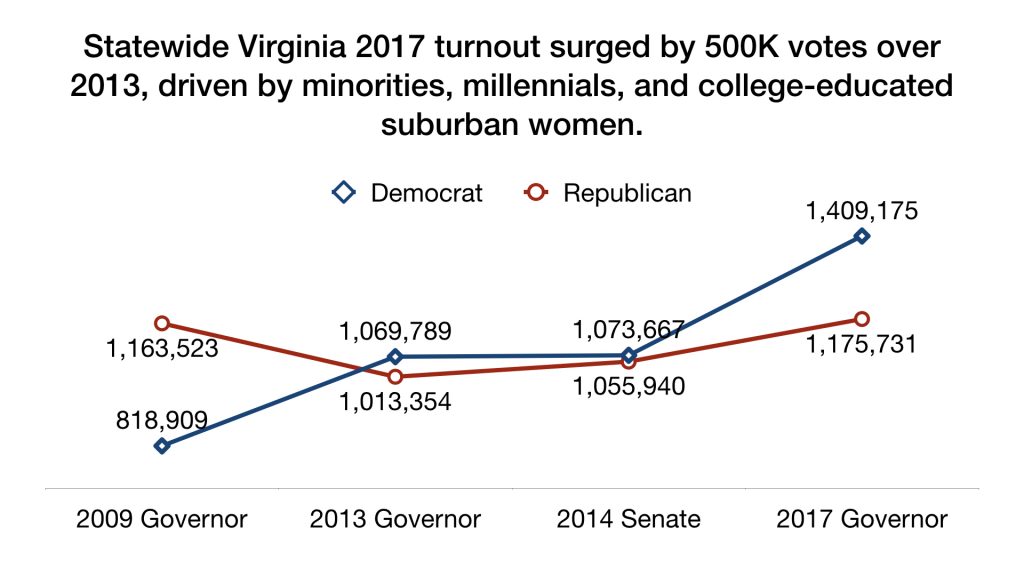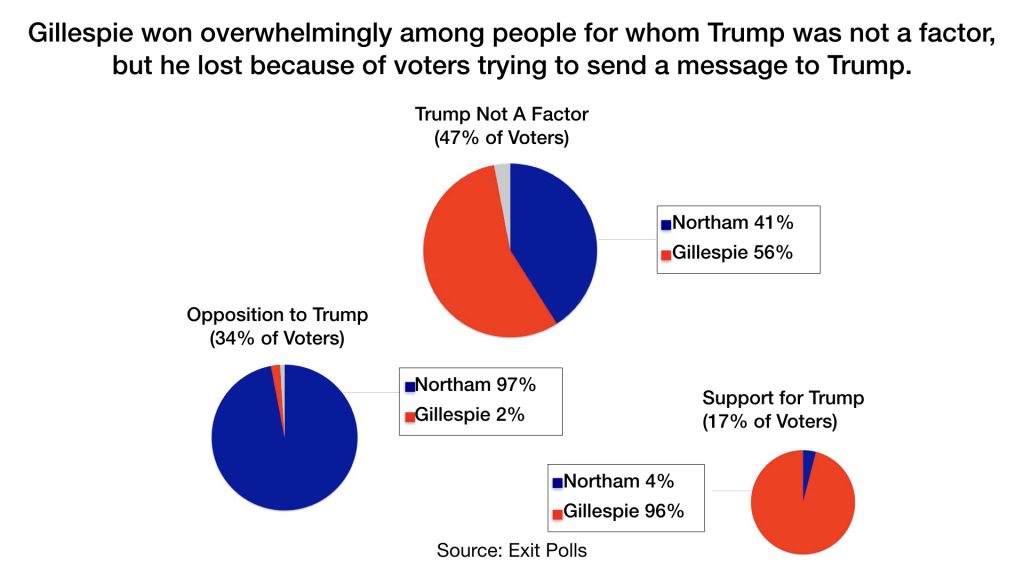Whit Ayres’ comments in The New York Times regarding diversity among GOP nominees and office holders:
Whit Ayres, a prominent Republican pollster who wrote a book called “2016 and Beyond: How Republicans Can Elect a President in a New America,” said that while the party could benefit from more minority candidates, this election cycle could also just be an anomaly. Mr. Ayres, who worked with Florida Senator Marco Rubio’s failed presidential campaign in 2016, pointed to several minority Republicans who are currently in prominent offices, such as South Carolina Senator Tim Scott and Ms. Haley, who stepped down as governor of South Carolina to become Mr. Trump’s ambassador to the United Nations.
“We have many candidates both in Texas and Florida, like Marco Rubio, who have won a majority of the Hispanic vote in their campaign,” Mr. Ayres said. “So it’s perfectly possible for Republican candidates, without in any way moderating their fundamental principles, to succeed in the Hispanic community. But you have to try.”
To read the full article, please click here.
